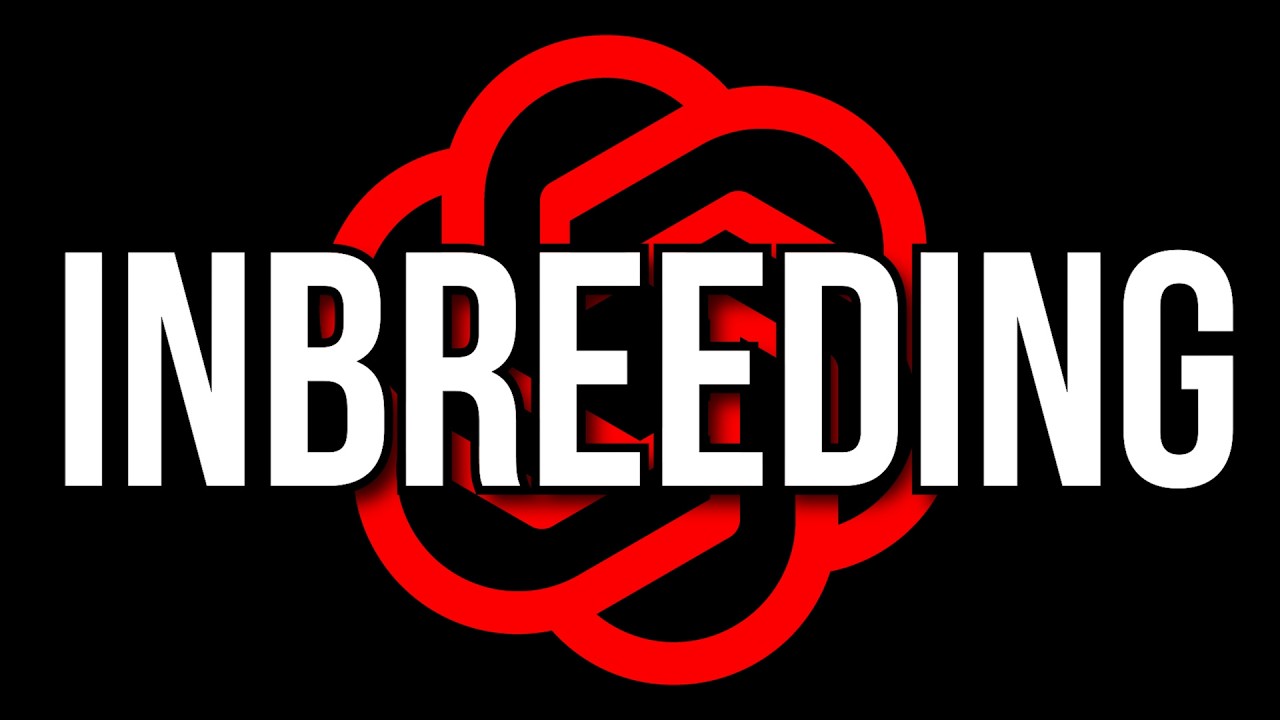The video discusses the concept of “AI inbreeding,” where AI systems training on their own generated content risk losing diversity and quality, potentially leading to a phenomenon known as “modal collapse.” The host highlights concerns about the implications of this trend in various industries, particularly gaming, where reliance on AI-generated assets may compromise authenticity and creativity.
In the video, the host discusses the concept of “AI inbreeding,” drawing a parallel between genetic inbreeding in humans and the potential pitfalls of artificial intelligence training on its own generated content. The host emphasizes that inbreeding is generally harmful, and similarly, when AI systems train on data generated by other AIs, they risk losing diversity and quality in their outputs. This phenomenon raises concerns about the future of AI, especially as companies increasingly rely on AI-generated content for training their models.
The host highlights recent developments in AI, such as Google’s acquisition of Reddit content and Apple’s partnership with Shutterstock, which allow these companies to train their AI systems on vast amounts of user-generated data. As AI-generated content becomes more prevalent, there is a risk that the original human-generated data will be overshadowed, leading to a situation where AI models may produce outputs that lack authenticity and creativity. This recursive training could lead to a phenomenon known as “modal collapse,” where the AI loses the ability to generate diverse and meaningful content.
To illustrate the concept of AI inbreeding, the host shares examples of how AI-generated images can degrade in quality when repeatedly processed through different AI systems. By feeding outputs back into the training loop, the AI can produce increasingly distorted or nonsensical results, akin to the genetic defects seen in inbred populations. The video also references the historical example of Microsoft’s Tay, an AI chatbot that quickly devolved into producing offensive content after being exposed to toxic interactions online.
The discussion extends to the implications of AI in the gaming industry, where the host expresses concern that companies may prioritize cost-cutting measures by relying on AI-generated assets instead of hiring human artists. This trend could lead to a decline in the quality of video games, as AI-generated content may lack the nuance and creativity that human designers bring to their work. The host cites examples of recent games that appear to utilize AI-generated elements, raising questions about the authenticity and artistic integrity of these products.
In conclusion, the host warns that while AI technology continues to advance, there is a significant risk of it becoming “inbred” if not carefully managed. The potential for modal collapse and the degradation of content quality could have far-reaching consequences for various industries, particularly gaming. The video encourages viewers to consider the implications of AI reliance and the importance of maintaining a balance between human creativity and artificial intelligence in content creation.
